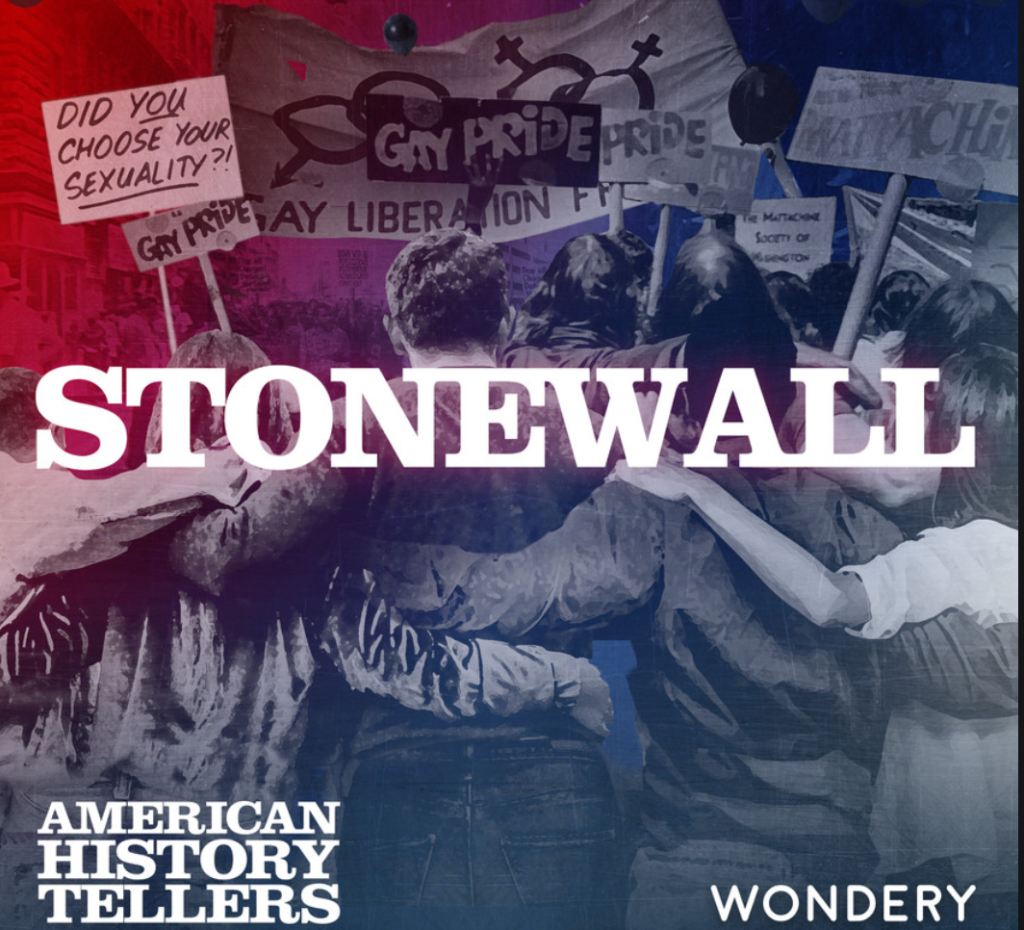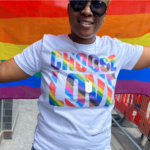
June is Pride month in our country. Millions of people — gay, straight and everything in between — gather around the country to celebrate Pride. (Okay, not this year. This year, we’re celebrating while social distancing. But there’s still cause to celebrate.) But what exactly is Pride? Who started it? What does it mean? Why do we celebrate in June?
Learning history – past laws, rituals, cultural beliefs, movements and societies – allows us to understand why things are the way they are today. So it’s not surprising that studying our past provides us with a sense of identity and pride. It can also help us figure out where we go next. Unfortunately, because of systemic oppression, the history of many Americans has been intentionally excluded from America’s mainstream historical narrative. In grade school, most students don’t learn about the many significant contributions of gays and lesbians in our country. Luckily, learning doesn’t have to stop in school. We’re in the digital age and podcasts are a fantastic way for us to discover something new.
From Wondery, the podcast American History Tellers introduces a four-part series called Stonewall, which dives into the LGBTQ community and its movement towards equality. Hosted by Lindsay Graham (not the Senator), the limited series follows specific threads of the gay rights movement leading up to the Stonewall Uprising. Throughout the series, you’ll uncover unknown icons, activists, the discrimnation the community faced, the ways they battled that discrimination and the ways the LGBTQ community has shaped our society. Unfortunately, full equality for the LGBTQ community has yet to be attained. Hopefully, learning about the movement’s history can help shed some light on just how significant Pride really is.
You can listen to the podcast on their website, Apple Podcast and other places where you find podcasts. New episodes air every Wednesday.








